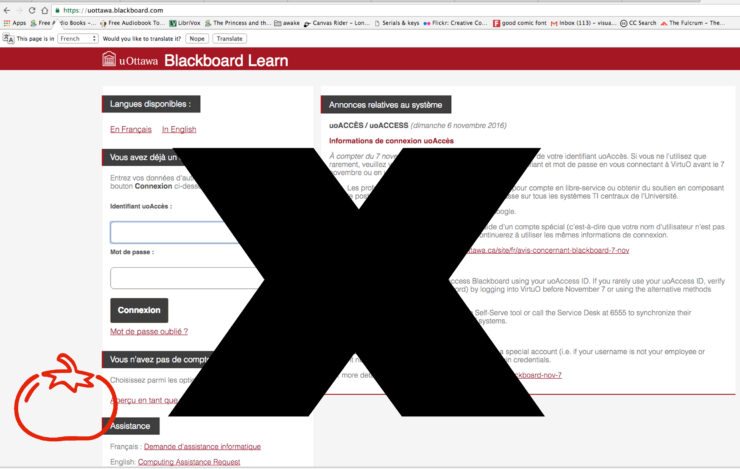Canada Learning Initiative in China subsidizes students studying abroad
While the University of Ottawa has been facilitating exchanges to China for years, such trips are set to see a boost with an injection of funds from both the Chinese and Canadian governments as part of the new Canada Learning Initiative in China program (CLIC).
The first cohort of the CLIC program started up just last year, and includes many universities in both countries, including eight other Canadian universities.
The CLIC program is seeing new levels of funding from what came before it, with the Ministry of Education of China giving money to incoming Canadian students. The program waives tuition fees, includes medical insurance, and features free housing on campus, as well as a monthly stipend. “It ends up not costing very much, or nothing to a student who wants to take part in going to China,” said Régine Legault-Bouchard, assistant director of the U of O’s international office.
The Canadian government is also getting involved—after the two countries signed a memorandum of understanding about the project in December, Canada pledged $4.1 billion to support Canadians studying in China.
Legault-Bouchard says there are different options for students who take part in the CLIC program, from full exchanges to a summer group program. A third option is to take part in a research internships mostly in the science and engineering fields.
“It allowed us to leverage the existing partners we had, but also create new interesting partners so that we could take advantage of the financing options,” she said, adding that through the program the U of O is partnering with top universities like Shanghai Jiao Tong.
Legault-Bouchard says that the program has seen modest participation so far, adding that the prospect of an exchange so far away can be daunting to students. “It needs a little bit of a promotional push to take off, but I’m thinking it’s going to gain in popularity over the years. I really feel like we’re at the age where internationalization is extremely important,” she said, explaining that “the soft skills that students develop while abroad are immensely important now on the job market.”
Per Legault-Bouchard, “CLIC is a good opportunity for a student that is interested in Asia, and that has a little bit less means, or who just wants to take the opportunity to do it.”
Legault-Bouchard also says she would like to develop even closer academic ties with the U of O’s partners in China. “I would like to be able to develop double degree programs at the master’s level, and get that financed by CLIC,” she said. “There are possibilities of growth.”
Legault-Bouchard added that the university is working on another program outside of the CLIC program as well, like an intercultural and global competency certificate. “Basically, a student will be asked to complete certain activities—either going abroad, language courses, internships in an intercultural environment,” she said. “That’s in the works.”





